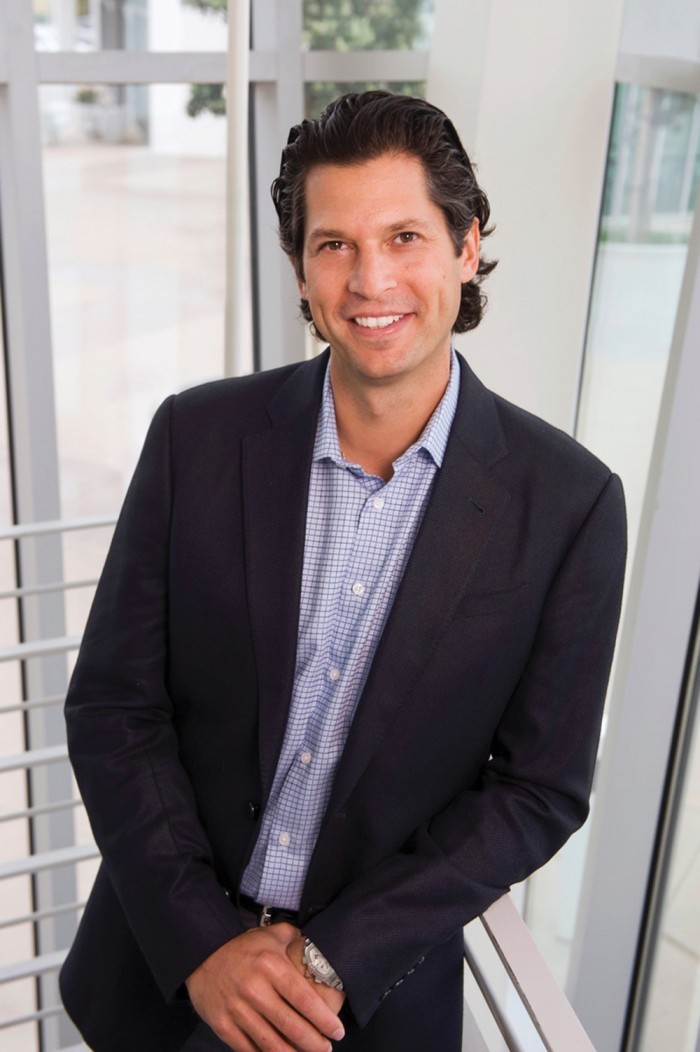Tassos Gianakakos, who founded three companies, is now CEO of MyoKardia, a drug discovery company that develops innovative therapeutics to treat genetic heart disease. An entrepreneur and a leader in the biopharmaceutical industry, he is working to find cures for conditions that affect 60 million people worldwide, including one million in the United States.
The company aims to offer therapeutics that target the underlying cause of disease. It’s the first to apply what’s known as precision medicine to address cardiovascular disease. The company develops small-molecule drugs that treat cardiomyopathies, diseases of the heart muscle that can lead to heart failure.
“Our approach is transformative,” Gianakakos says. “Approaches today are one size fits all. For many diseases we’re targeting, there are no approved therapies in the U.S., and all patients are treated with drugs approved for other conditions. The real driver behind our approach is our dogged belief in bringing together great people and great scientists from different disciplines and creating an environment for them to collaborate to get to personalized solutions.”

Gianakakos received two undergraduate degrees at MIT, in chemical engineering and economics. Then he earned a master’s degree in biotechnology from Northwestern University in 1995 and an MBA from Harvard Business School in 1999. He began his career in Merck’s vaccine division. Later, he helped found three Silicon Valley biotechnology companies, which all went public—Maxygen, Codexis, and MAP Pharmaceuticals. They created hundreds of jobs and billions in value.
“MIT has a very special place for me in my development. I learned rigorous scientific thinking and analysis. MIT taught me to think big and go for it,” says Gianakakos, who is now active in the MIT Club of Northern California.
The son of Greek immigrants, he is passionate about keeping his own heart healthy by eating a Mediterranean diet, avoiding processed foods, and choosing foods rich in antioxidants and heart-healthy fats, including olive oil, greens, Greek salad, and an occasional glass of red wine.
“When it comes to disease, our genes matter,” Gianakakos says. “While we can’t do much to change our genetics, we should understand them, be thoughtful about what we eat, and keep active.”
He and his wife, Katina Mandas, a physician, and their three young sons, Manoli, James, and Alexander, enjoy spending time together and with their extended Greek family.
Keep Reading
Most Popular
Large language models can do jaw-dropping things. But nobody knows exactly why.
And that's a problem. Figuring it out is one of the biggest scientific puzzles of our time and a crucial step towards controlling more powerful future models.
How scientists traced a mysterious covid case back to six toilets
When wastewater surveillance turns into a hunt for a single infected individual, the ethics get tricky.
The problem with plug-in hybrids? Their drivers.
Plug-in hybrids are often sold as a transition to EVs, but new data from Europe shows we’re still underestimating the emissions they produce.
Stay connected
Get the latest updates from
MIT Technology Review
Discover special offers, top stories, upcoming events, and more.